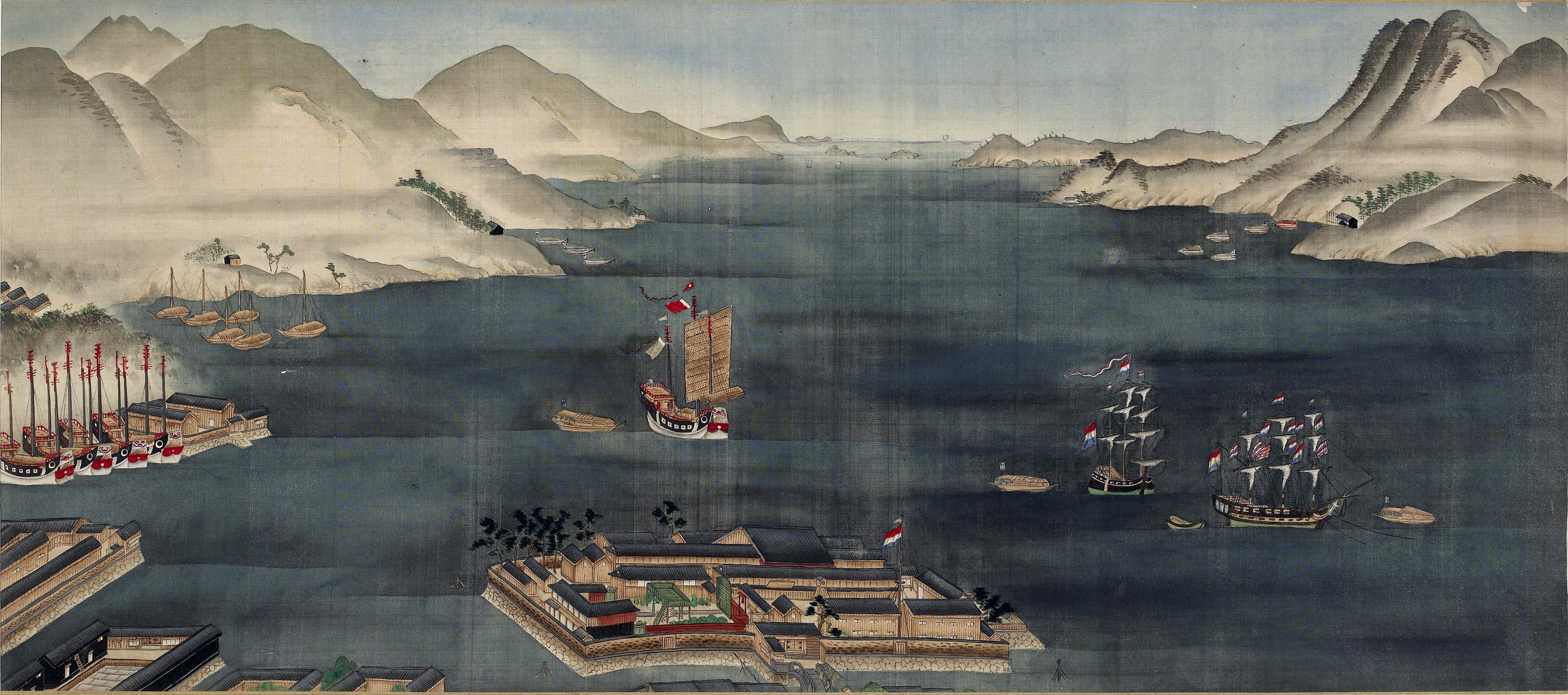Learn Beginner’s Dutch
Clogs, Edam and a brutal directness sometimes perceived as rude by British standards. What's not to love about the Netherlands?
After dedicating a lot of time to learning Japanese, I wanted a change and a new challenge. I learned 4 languages in my 20s, and since starting Japanese in my 30s, it'd been my main focus. I wanted a bit of a challenge. And planning a holiday to Amsterdam seemed like the perfect opportunity. Dutch seemed approachable. It shares some similarities with English, and while the pronunciation is distinct, it didn't feel too hard.
So I picked up a copy of the ever faithful Dorling Kindersley, Dutch in Three Months book, which, compared to the Italian version, had more manageable word lists. With about four to five months before our trip, I decided to copy out the entire book by hand to help memorise the content. It'd worked for Spanish, so why not? I managed it in about 10 weeks.
Finished the Book, Found a Tutor
After working through the book, I found an online tutor and began practicing with him for about eight weeks leading up to the trip. These sessions helped reinforce what I'd learned and improved my confidence in using the language.
Now, I knew that the majority of Dutch speak good English. And I'd heard that it will be a strugle to even use Dutch. It couldn't have been more true. I did, however, get to be able to read signs, understand conversations going on, and have a basic grasp of the language which made the holiday feel more immersive.
Cultural Insights
Learning Dutch opened my eyes to the Netherlands' significant role in history, especially its influence on Japan during the Sakoku period (the time when Japan closed its borders). The Dutch were the only Westerners allowed to trade with Japan, residing on the island of Dejima in Nagasaki Bay. This unique relationship led to the term "Rangaku," or "Holland studies," highlighting the Dutch impact on Japanese knowledge of the West.
Indeed for a time, during European conflicts such as the Napoleonic Wars (1803-1815), the Netherlands was occupied by France and its global colonies were taken by the British, making Dejima the only Dutch-controlled outpost left in the world still flying the Dutch flag.

Painting of Japanese and Dutch trade on Dejima (in Nagasaki). The view includes two Dutch ships and numerous Chinese trading junks.
I also learned that Indonesia was officially known as the Dutch East Indies (Nederlands-Indië) until 1949, when it got its independence and renamed to Indonesia.
The Netherlands was home to the world's first stock exchange and first major speculative market, with the Dutch East India Company (VOC) being the first publicly traded company (and of course with that the first stock market bubble based on tulip price speculation.)
In short, I realised just how big an impact the Netherlands has had on the world, and how many things owe their origins to the Dutch.
In Summary
So, while I didn't use Dutch that much during my trip, the process of learning it was still very rewarding. It provided me with a deeper appreciation for Dutch culture and history. Even though many Dutch people speak English, making the effort to learn their language offered a more immersive and enriching experience.
Plus, it opened the door to holidays in Flemish Belgium and the many Belgian breweries located there (where people don't always speak English)!